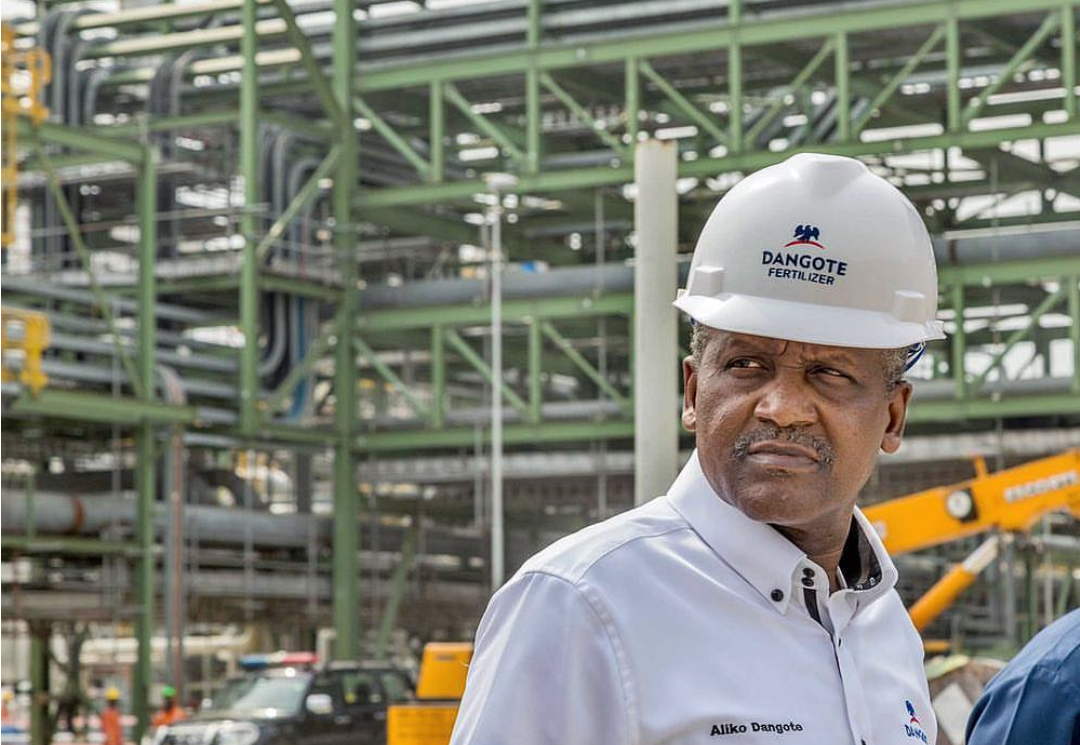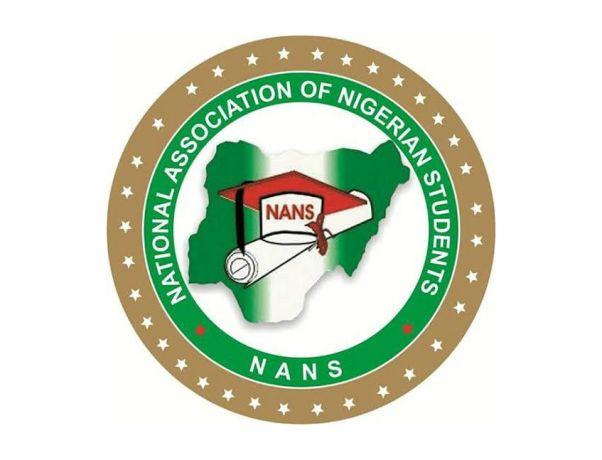The Manufacturers Association of Nigeria (MAN) has strongly condemned the invasion of Dangote Cement Plant on Wednesday by the state’s security outfit, the Vigilantes, on the order of the State Governor Yahaya Bello, noting that such action will discourage new investments in the State.
The president, MAN, Engr. Mansur Ahmed, at a press conference to herald its 50th Annual General Meeting (AGM) scheduled to hold on 17-19, October, 2022, said the action of Kogi State government is of great concern, and added that it is unimaginable that a State government would take such drastic action to shut down a plant that provides job opportunities and economic activities on a huge scale for the people of Kogi State.
“The action appears to be taken by government and it is alleged to be an effort for some alleged claim on some alleged payment of taxes that have not been made or recovered from the company,” Ahmed said.
He added that the move is totally illegitimate, pointing out that if the State government has any issue against any member of its association or corporate citizen, the appropriate thing to do is to take the member to court.
“You cannot use strong-arm tactics to shut them down or impose very severe restrictions on their operations simply to force them. This is illegal and I believe that what has happened will not happen in a normal operating environment,” the MAN boss said.
He said the association has taken up the matter with the Federal Ministry of Industry, Trade and Investment in its bid to help address the anomaly in Kogi State.
“We have no reason not to pay taxes to the Kogi State government as and when due and I am aware that Dangote Industries is one of the highest tax-payers in Nigeria. But, if indeed for whatever reason that there is a tax for the Kogi State government on Dangote, it has measures and ways of recovery and there is no justification to threaten the closure of that industry.
“We are totally opposed to that kind of measure because there are ways to resolve this amicably in a legal manner and we hope that the relevant authorities in both the federal and state levels would intervene to ensure that this kind of action is not repeated,” he said.
He however, stated that the theme of the 50th AGM tagged “An Agenda for Nigeria’s Industrialisation for the Next Decade” is borne out of the need to take stock of the naton’s journey to industrialisation, to ascertain the pains and to highlight the performance limiters; recognise the gains and growth milestones; and to identify the learning curves and hurdles ahead.
He added that over the years, the performance of the manufacturing sector has been constrained by numerous familiar challenges that are clearly espoused in its numerous presentations and submissions to the government.
Ahmed said it is a matter of great concern to its members that even as the economy continues to experience very slow growth, policymakers at all levels continue to compound the situation by introducing new taxes; further worsening the difficult and high-cost operating environment.
“In some climes, when the economy slows down, government reduces taxes to encourage businesses to expand, create more jobs and increase economic activities. What we are seeing in Nigeria today is not only increasing tax rate but introducing new taxes and turning every public agency into a revenue collector. In the midst of the challenges, we are resilient and would soldier on with advocacy for a conducive atmosphere for the operation of manufacturing business in Nigeria. We will continue to work towards ensuring that Nigeria becomes an environment that promotes competitiveness,” Ahmed averred.
Also speaking, the Director General, MAN, Segun Ajayi Kadir, said the 50th AGM is special because manufacturers have survived the turbulence both domestically and internationally, stressing that the last few years for manufacturing has experienced external factors largely out of its control impacting negatively on the economy.
Reacting to the federal government’s plan to impose excise duty on non-alcoholic drinks, Kadir said this is the wrong time to have it done.
“What is most painful is that the increase in excise on new products only started this year, so it will amount of changing the goal post in the middle of the game. We have a three year plan on the escalation of excise duty; all that was thrown into the dustbin and a new and higher one was introduced and targeted at killing the industry. This should be rescinded immediately and that is the only way this sector can survive,” he said.

 Boss Picks4 days ago
Boss Picks4 days ago
 Opinion6 days ago
Opinion6 days ago
 Opinion4 days ago
Opinion4 days ago
 Events5 days ago
Events5 days ago
 Adding Value6 days ago
Adding Value6 days ago
 Featured6 days ago
Featured6 days ago
 Headline3 days ago
Headline3 days ago
 News6 days ago
News6 days ago














